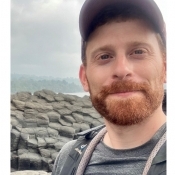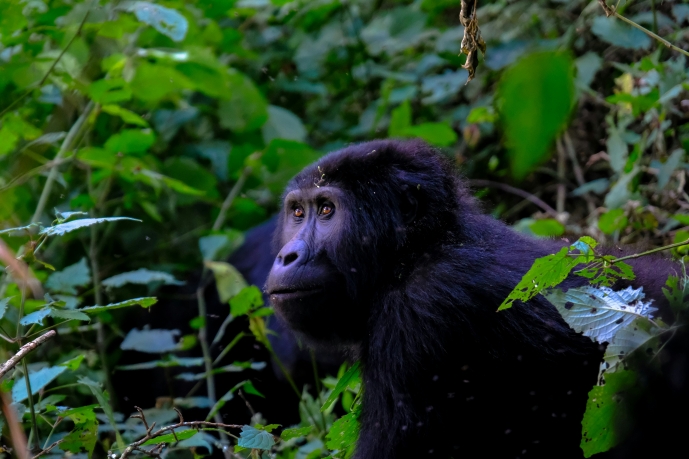Creation of a new National Park in Equatorial Guinea
To counteract the degradation of ecosystems globally, nations agreed at the COP15 of the United Nations Convention on Biological Diversity to effectively protect and manage 30% of marine and terrestrial ecosystems by 2030. While all Gulf of Guinea countries are signatories to the Convention, considerable efforts remain necessary to achieve this goal. In partnership with Rainforest Trust, the Parque Nacional de la Paz will be created, spanning about 100,000 hectares and elevating Equatorial Guinea’s terrestrial protected area coverage from 19 to 23 percent.
Positioned strategically within an interconnected network of protected areas, Parque Nacional de La Paz reinforces ecosystem integrity and contributes to safeguarding the full range of Central African megafauna, including endangered forest elephants, chimpanzees and gorillas. This project will support various synergistic projects to study the biodiversity of the park and the surrounding. The park’s proximity to the newly established Afro-American University of Central Africa (AAUCA) presents numerous opportunities for collaborative research and capacity-building, with the university providing logistical support for researchers working in the area, including visiting researchers from CIBIO.
As a part of this initiative, we will establish a management center and several satellite camps. Additionally, activities will encompass the training and recruitment of ecoguards, along with collaborative efforts with local communities to ensure the park’s social sustainability and the promotion of ecotourism. This project is implemented in collaboration with the Biodiversity Initiative and Bioko Biodiversity Protection Program.
Team
Principal Investigator
Researchers

David Montgomery
Position: Director of the Equatorial Guinea Biodiversity Program
Group:
RAINFORESTS State
Ongoing
Proponent Institution
CIBIO - InBIO
Funded by
Rainforest Trust
Dates
2024 (Duration: 5 years)
Participant Institutions
Bioko Biodiversity Protection Program

